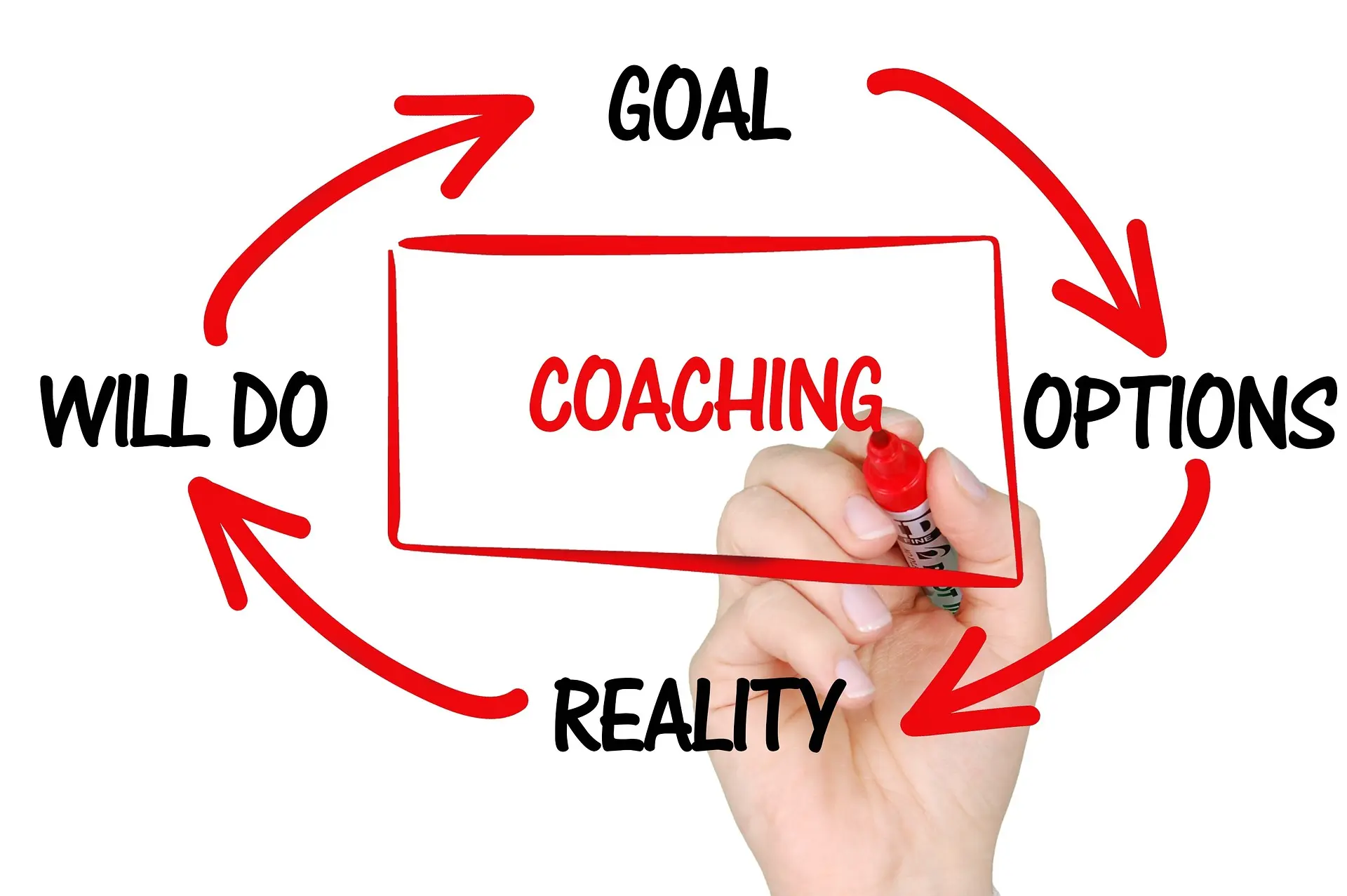
Life Coaching With Jay Longden
Understanding Life Coaching: Features, Benefits, and Who It Can Help
What Is Life Coaching?
Life coaching is a professional relationship between a coach and a client aimed at helping the latter achieve personal and professional goals. Unlike counseling or therapy, which often delves into past experiences to address emotional issues or mental health, life coaching is primarily focused on the present and future, encouraging individuals to set and accomplish specific objectives. The coaching process involves a structured dialogue where the life coach employs various methodologies and tools designed to facilitate personal growth, enhance clarity, and promote accountability.
A typical life coaching session may include discussions about the client's aspirations, challenges, and the action steps required to facilitate progress. Coaches utilize techniques such as goal-setting frameworks, visualization exercises, and practical strategies to foster client engagement. While clients may explore their strengths, values, and priorities with their coach, the emphasis remains on empowerment rather than therapy. The relationship built between the client and coach is characterized by mutual trust and respect, facilitating an open space for introspection and insight.
Life coaching adopts a unique perspective through which clients can redefine personal milestones and overcome barriers hindering their progress. The coaching relationship is future-oriented, concentrating on what clients wish to achieve rather than what they have endured in the past. This approach helps individuals gain a better understanding of themselves and motivates them to develop actionable plans tailored to their aspirations. Consequently, life coaching serves a diverse range of clients, including professionals seeking career advancement, individuals undergoing life transitions, or anyone aiming to enhance their overall quality of life. By bridging the gap between where clients currently are and where they desire to be, life coaching provides invaluable support in the journey toward personal development.

Features and Benefits of Life Coaching
Life coaching is characterized by several distinctive features designed to empower individuals in their journey towards personal and professional fulfillment. One of the most prominent features is the goal-setting technique, which encourages clients to identify and articulate their aspirations clearly. Coaches assist in breaking down these goals into achievable steps, creating a structured pathway toward success. This systematic approach not only focuses on long-term objectives but also emphasizes short-term milestones, ensuring clients remain motivated and engaged throughout the process.
Another important feature of life coaching is the development of personalized plans tailored to each individual's unique circumstances and aspirations. Coaches assess the client's strengths, weaknesses, values, and challenges to create a customized roadmap. This level of personalization is crucial, as it allows clients to navigate their specific hurdles while leveraging their inherent capabilities. Furthermore, accountability measures play a significant role in the coaching process. Regular check-ins and progress evaluations help clients stay focused and committed to their set goals, fostering a sense of responsibility and discipline that is often lacking in self-directed endeavors.
The benefits of life coaching extend far beyond mere goal attainment. Improved self-awareness is a significant advantage, as coaching prompts introspection and encourages individuals to understand their motivations and behaviors. This heightened awareness often leads to enhanced confidence, enabling clients to emerge from their comfort zones and embrace changes. Additionally, life coaching cultivates better decision-making skills by providing individuals with the tools to evaluate options critically and align their choices with personal values.
Who Needs a Life Coach?
Life coaching can serve as a pivotal resource for various individuals navigating through critical life transitions, seeking personal development, or aspiring to enhance their overall quality of life. Primarily, those who find themselves in a phase of uncertainty, whether due to career changes or personal upheaval, often benefit from the guidance of a life coach. Such transitions might include graduates entering the job market, professionals facing layoffs, or individuals undergoing significant life changes like divorce or relocation. These circumstances can leave people feeling overwhelmed or directionless, areas where a life coach can provide clarity and support.
Another group that may significantly benefit from life coaching includes those aiming for career advancement. Individuals experiencing stagnation in their career paths or seeking to pivot to a new field can find valuable insights through coaching. A life coach can help clients identify their strengths, set realistic goals, and develop actionable strategies to navigate the complexities of their professional lives. Moreover, they can assist in improving skills such as networking, communication, and leadership, which are essential for career success.
Additionally, individuals looking to improve their personal relationships can find life coaching particularly advantageous. Many clients seek guidance in enhancing communication skills, resolving conflicts, or developing emotional intelligence to foster better connections with family members, friends, or romantic partners. The life coaching process encourages introspection, enabling individuals to understand their behaviors and patterns that contribute to relationship dynamics.
Effective engagement in the coaching process often relies on certain traits. Individuals who are open to change, willing to confront their challenges, and motivated to take action are more likely to utilize life coaching to their advantage. By recognizing these characteristics, potential clients can determine if life coaching aligns with their aspirations and challenges, setting the stage for a productive coaching relationship.

How to Choose the Right Life Coach
Selecting an appropriate life coach is a pivotal step towards personal development and achieving individualized goals. The process of choosing a life coach requires careful consideration of several key criteria. First and foremost, it is essential to assess the credentials of prospective coaches. Does the coach have experience in the areas they are coaching on? Is it actual life experience or is it academic experience or both. A well-trained life coach who is also experienced in lifes challenges will have a solid understanding of various coaching methodologies and practical first hand experience.
In addition to credentials, evaluating the coaching style is crucial. Different life coaches adopt various approaches, ranging from direct and structured methods to more explorative and empathetic techniques. To ensure compatibility, it is advisable to reflect on your own preferences and needs. For instance, some individuals may thrive under coaches who provide straightforward guidance, while others might benefit from a more supportive and holistic approach. By selecting a life coach whose style aligns with your personal learning preferences, you can enhance the effectiveness of the coaching relationship.
Another important consideration is the areas of specialization. Life coaches often focus on specific niches, such as career transitions, relationships, health and wellness, or personal development. Identifying your personal goals will help you select a coach who has experience in the relevant areas. This specificity not only increases the likelihood of achieving your desired outcomes but also ensures that the coach can offer tailored strategies and insights based on proven methodologies.
Finally, engaging in an initial consultation allows for vital information gathering. Prepare a list of questions that address your goals, the coach's experience, and their coaching philosophy. This dialogue can provide insight into their methods and enable you to gauge their suitability. By taking these steps, individuals can empower themselves to make informed decisions when seeking the right life coaching experience tailored to their unique needs.

Today's That Day
It might seem like you have a long road ahead of you, but that is only true if you keep worrying about your destination. Simply focus on taking one breath and one step at a time in the right direction and be grateful for each present moment. You will soon be at your destination. I believe you can do anything you put your mind to fuelled by the right motivation. There is enough information out there that you can learn and accomplish just about anything. If you feel though that you have tried that approach and its not working for you and you would like a guiding hand to support and encourage you, I am happy to have a chat to see how we might work together. I know life became infinitely easier for me when I learned not to try and do everything by myself. You can also save a lot of time learning from someone who has already made a lot of the mistakes, so you don’t have to.
Until our paths meet again, may each step bring you peace and happiness.
Jay Longden
Make contact with me below.
Happiness is not something ready made. It comes from your own actions.
- Dalai Lama

